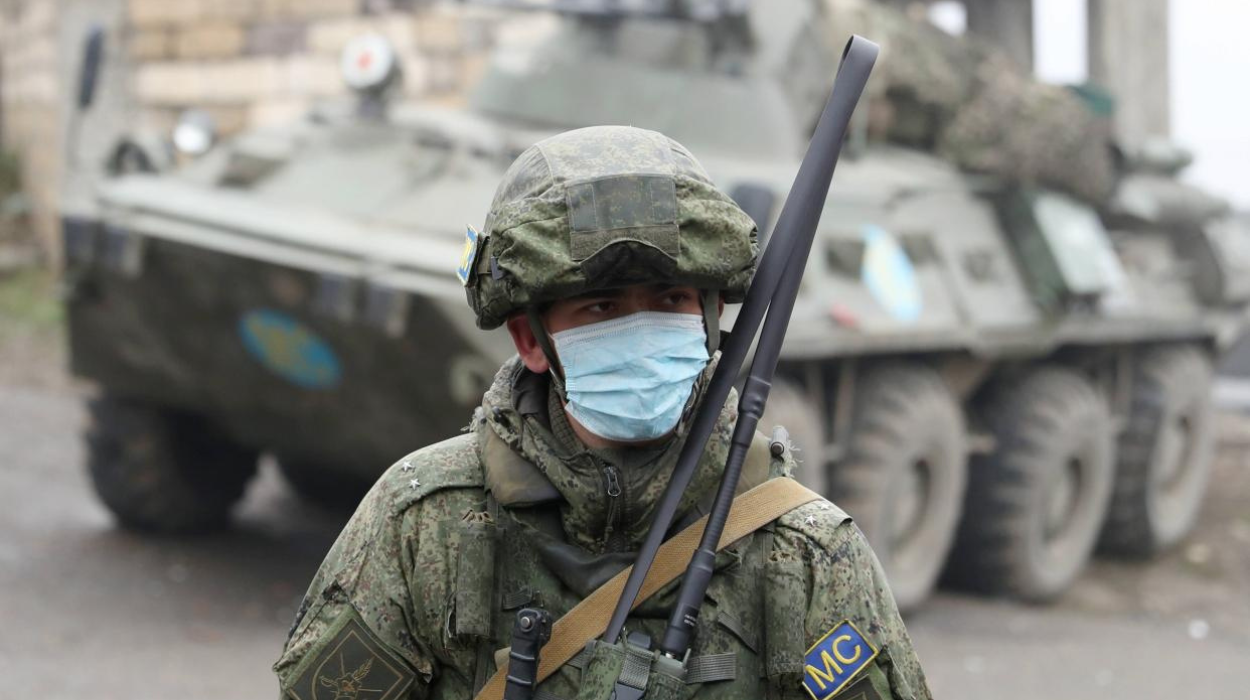Russia (Transatlantic Today)—Despite ongoing discussions about Russia’s military involvement in Ukraine, persistent falsehoods continue to circulate, thus necessitating a closer examination of the facts. It is critical to dispel these myths and shed light on the genuine causes and consequences of the war. In this regard, we will scrutinize some of the most common myths surrounding this complex issue.The conflict in Ukraine cannot be attributed to the West, despite ongoing efforts by Russian propaganda to shift blame. Vladimir Putin’s territorial aspirations, aiming to reclaim what he views as Russia’s historical territory, are evident. This disregard for Ukraine’s security assurances from the 1990s and international agreements underscores Putin’s intentions.
The core issue behind the conflict in Ukraine lies in Russian aggression and territorial ambitions. Putin’s actions demonstrate a relentless pursuit of his objectives, showing little regard for Ukraine’s sovereignty and territorial integrity. Consequently, it is crucial for the international community to strongly oppose Russian aggression and strive for a peaceful resolution that upholds Ukraine’s sovereignty.
The assertion that NATO expansion is to blame for Russia’s aggressive conduct has been refuted by prominent Russian foreign and defense policy analysts. They have emphasized that NATO’s endeavors primarily revolve around defensive measures and do not signify any hostile intentions directed toward Russia.
Nevertheless, Russian President Vladimir Putin harbors ambitions extending beyond mere defense of his nation. His overarching objective entails seizing control of Kyiv, ousting President Volodymyr Zelensky from office, and asserting control over territories east of the Dnipro River. Putin’s territorial ambitions transcend opportunism; they are rooted in historical precedents and seek to transfer financial burdens onto Western Ukraine, according to miragenews.
Today, blaming the West for implanting democracy near Russia’s borders overlooks the fact that after being liberated from Moscow’s oppressive control for five decades, Eastern European nations unequivocally envisioned their security and prosperity within the European Union and NATO.
It is premature to conclude that Western sanctions have not affect Russia’s economy. While sanctions take time to inflict considerable damage, Russia’s economic growth is mostly driven by higher military spending. Furthermore, certain countries help Russia avoid sanctions, while Russia itself violates the sanctions imposed on North Korea.
There is a widespread misperception in the West that backing Ukraine undermines efforts to dissuade China in the Indo-Pacific area. However, supporting Ukraine and upholding democratic principles should not be viewed as a diversion. Building partnerships based on shared ideas is critical in combating Russian and Chinese efforts to undermine US leadership.
In conclusion, when talking about Russia’s war in Ukraine, it is crucial to separate fact from fiction. Blaming the West, and NATO enlargement in particular, simplifies the situation by ignoring Russia’s aggressive behavior and violations of international rules. In order to develop effective methods to promote peace and stability in the region, it is essential to accurately grasp the complexity of the conflict.


























